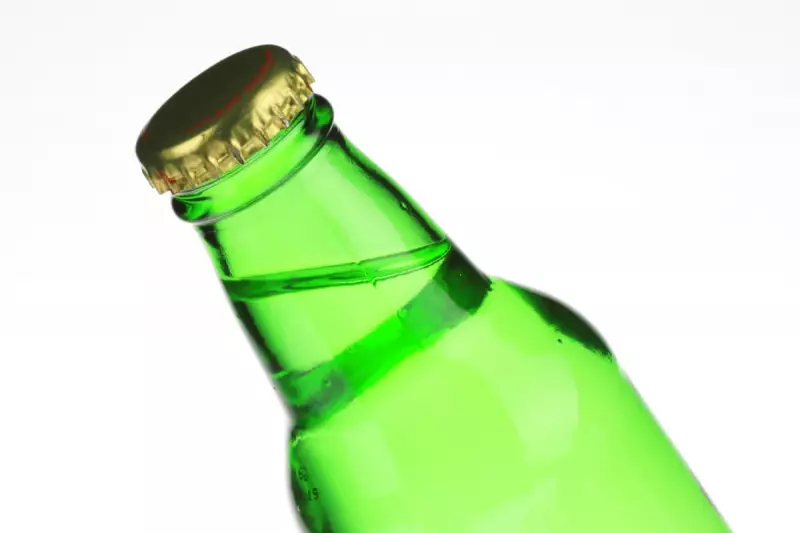
In a surprising discovery, researchers have found that metal bottle caps, often perceived as a safer alternative to plastic, may actually contribute to microplastic contamination in drinks. The study highlights a growing concern over unseen pollutants in everyday products.
The Hidden Problem with Metal Caps
While plastic pollution has long been under scrutiny, metal bottle caps have largely escaped criticism. However, recent findings suggest that the plastic linings inside these caps can degrade over time, shedding microscopic particles into beverages.
How Does It Happen?
The issue stems from the thin plastic layer used to seal metal caps, ensuring an airtight closure. Over time, friction, temperature changes, and chemical reactions can cause this lining to break down, releasing microplastics into the liquid.
Health Implications
Microplastics have been linked to various health concerns, including inflammation, hormonal disruption, and even potential carcinogenic effects. While the full impact of ingesting these particles remains unclear, experts urge caution.
What Can Consumers Do?
- Opt for glass bottles with non-plastic seals where possible.
- Avoid reusing single-use bottles with metal caps.
- Support brands that invest in plastic-free packaging solutions.
This revelation adds another layer to the global conversation on plastic pollution, emphasising the need for comprehensive solutions beyond simply replacing plastic with metal.






